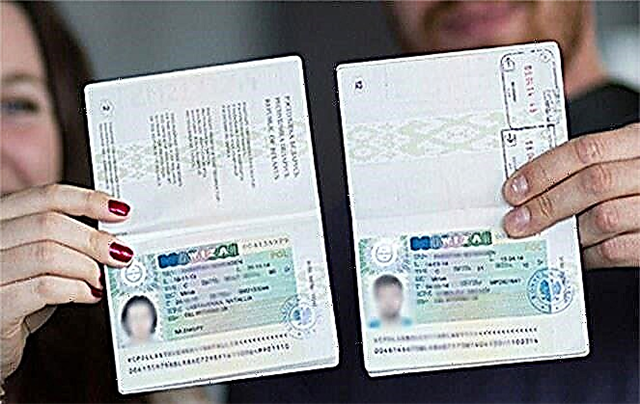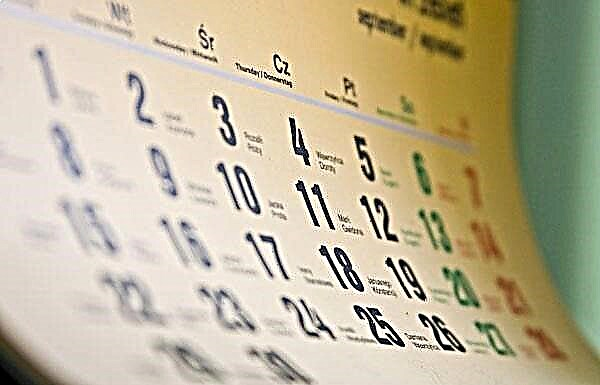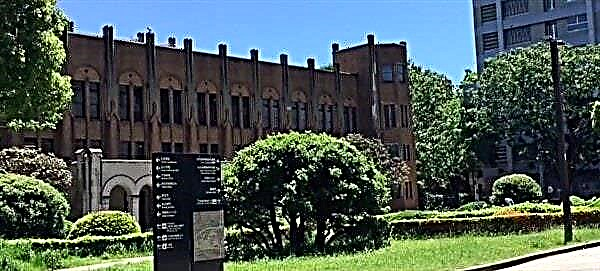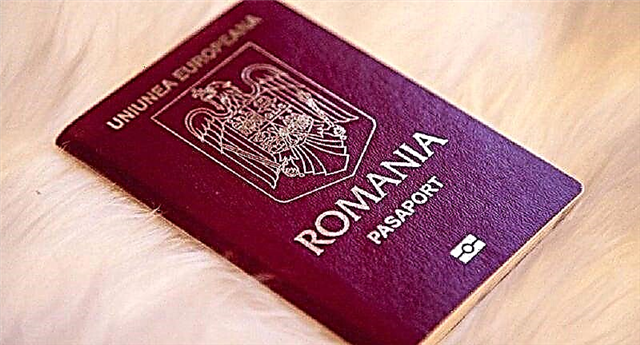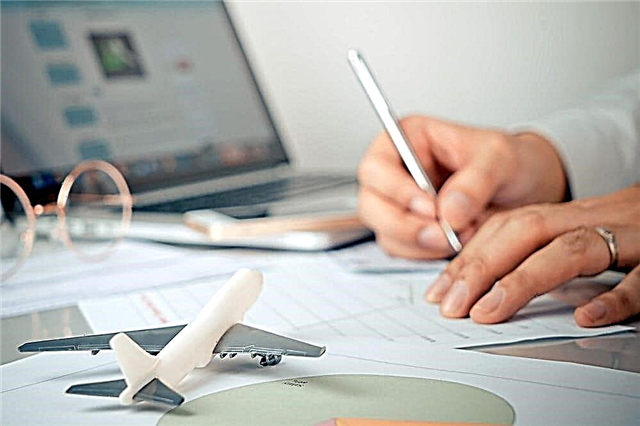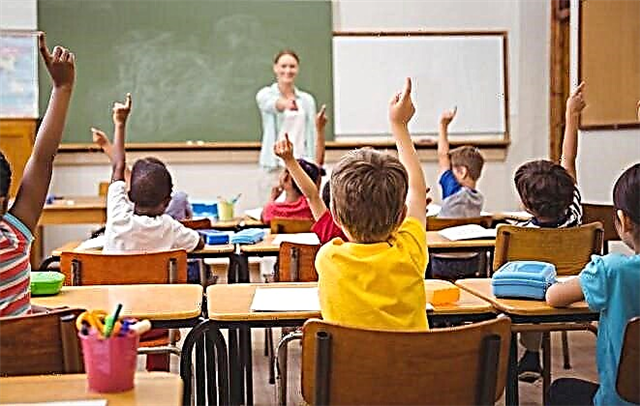For successful settlement and adaptation in a new country, study is very important - for both adults and children. Depending on financial capabilities, foreigners can choose different schools in Warsaw for themselves and their family members.

Education in Poland
The education system in Poland is modeled on the EU countries. It includes preschool, school and vocational education, as well as the possibility of obtaining higher education.
Children go to kindergartens from 3 to 6 years old, before entering school, the child needs to be trained in the "zero" grade.
Basic and secondary school education is free and compulsory not only for Polish citizens, but also for foreigners. Then teenagers can go to high school, lyceum, technical school or vocational school.
To be eligible for university admission, a student must successfully pass the matura examinations. Poland has both public and private kindergartens, schools and universities. For foreigners, education in senior classes and in universities is paid.
The Polish secondary school is currently undergoing a reform aimed at improving the quality of education.
Education in schools
Schools in Poland operate on a semester system. The first semester starts in September and lasts until Christmas break (December 23 - January 2). In addition, in January or February there is an opportunity to take a rest during the winter holidays, the periods of which are different in different voivodeships. The second semester ends at the end of June, with summer vacations in July and August.
Children attend school 5 times a week, Saturday and Sunday are days off. Classes start at 8:00. Duration of lessons is 45 minutes, breaks - 10-20 minutes.
Grades are given on a 6-point system, in which 6 is the highest.
Parents pay for extracurricular activities (creative circles, excursions) and meals. There is a free extended day group from 7:00 to 17:00.
Children of foreigners are admitted to Polish schools on the basis of any available documents. If there is no certificate of education in the home country, the child will be interviewed with the participation of an interpreter, find out the level of knowledge and will be assigned to the appropriate class.
Where can you study in Warsaw
Most of the children of foreign migrants living in Warsaw receive free education in public schools. But you can also send your child to an educational institution with teaching in Russian or one of the European ones.
Russian schools in Warsaw are not very common. If you want your child to study in Russian in Poland, then the choice will be limited.
The most popular option is the school at the Russian Embassy in Warsaw (ul. Kielecka, 45). It accepts not only children of diplomats and trade representatives, but also ordinary citizens of the Russian Federation. Children are taught in Russian according to the Russian educational program. The educational institution is guided by the regulations of the Russian Federation in the field of education and issues certificates of the Russian model.

The Russian School in Warsaw at the Embassy provides students with meals (breakfasts, lunches) and organizes various extracurricular activities.
Russian public organizations have courses for distance learning in Russian.
Finding Ukrainian educational institutions is easy in most cities of the country. Classes are free, creative programs are held for a small fee (up to 70 PLN per month). In Warsaw, the most popular:
- Ukrainian school "Materinka" (teaching in Ukrainian according to the standards of the Ministry of Education and Science of Ukraine), ul. Raszyńska, 22, Gimnazium 20.
- Ukrainian school number 221, Ogrodowa, 42/44.
- XII Lyceum. Henryk Sienkiewicz, ul. Sienna, 53.
There are also paid international educational institutions in Warsaw with teaching in English, German and French:
- British School in Warsaw (Limanowskiego, 15). A course of study for a 13-year UK program. The cost is 17 190-19 438 euros per year, depending on the class.
- International American School (ul. Dembego, 18). He uses the best world teaching methods and issues three certificates to graduates: international, American and Polish. The cost is 8 630-12 360 euros per year.
- Willy Brandt School (Św. Urszuli Ledóchowskiej, 3). Teaching in German and Polish. Registration fee for the German branch is 1,400 euros, for the international branch - 466 euros, tuition fees - 5,597 euros per year.
- Lyceum Francais de VARSOVIE (Konstancińska, 13). Includes kindergarten, school and college, after which students receive an international bachelor's degree. Teaching in French following the example of the educational program in France, Polish and English are also studied. Payment of 4 844 euros per year in primary school and 6 954 euros - in secondary, registration fee 443 euros.
The Together language school (ul. Kępna 17a lok. 1) is an excellent option for migrants who want to learn Polish well. There is a conversation club, guided tours. At the end of the courses, exams for an international certificate are taken.

The Polish language school offers general intensive courses, business courses, medical Polish, corporate lessons, summer camps. The cost, depending on the volume of the course, is from 550 to 5,580 PLN, private lessons - 100 PLN per hour.
Police schools
Police schools are educational institutions for adults (including foreigners), where you can get a demanded specialty for employment in Poland in 1-2 years. Admission is carried out with a certificate of secondary education from any country.
You can enter a police school without exams and without age restrictions, with a basic knowledge of the Polish language. The schedule of classes is daytime, evening or on weekends.
Foreigners enrolled in the school receive a Residence Card - a temporary residence permit in Poland.
The Warsaw Police School is represented by institutions of various educational networks: Cosinus, BLUE Education, ZAK, Logos, Nova, GoWork, Szkola sluzb Medycznych COLLEGIUM. Here you can learn different professions - from a florist or system administrator to a dental technician and an accountant.
Education is free, but fines are charged for absenteeism and may even close a visa to Poland.
Higher education
Higher education in Poland is built according to the rules of the Bologna system. Education is divided into bachelor's (3 years of study) and master's (2 years). In technical universities, you can get an engineering degree in 4 years.
In some specialties (general medicine, dentistry, pharmacology, veterinary medicine, psychology, jurisprudence), students study in the format of a continuous master's program lasting 5-6 years.
There are 95 public universities and 320 private universities in Poland. Polish citizens and foreigners with a Pole Card can study at state universities for free. For foreigners from non-EU countries, education is paid. The best students can apply for doctoral studies.
Higher educational institutions in Poland offer full-time, evening and part-time forms of study, student exchange programs. Diplomas from Polish universities are recognized in all EU countries and in the USA. You can apply for admission online.
Conclusion
In the capital of Poland, you can choose a public or private school for teaching children, teaching in different languages and according to different curricula. There is a school at the Embassy in Warsaw with Russian as the language of instruction. There are also attractive options for adults - a free police school or university (Wyższa Szkoła). Polish certificates and diplomas are recognized in all countries of the world.


